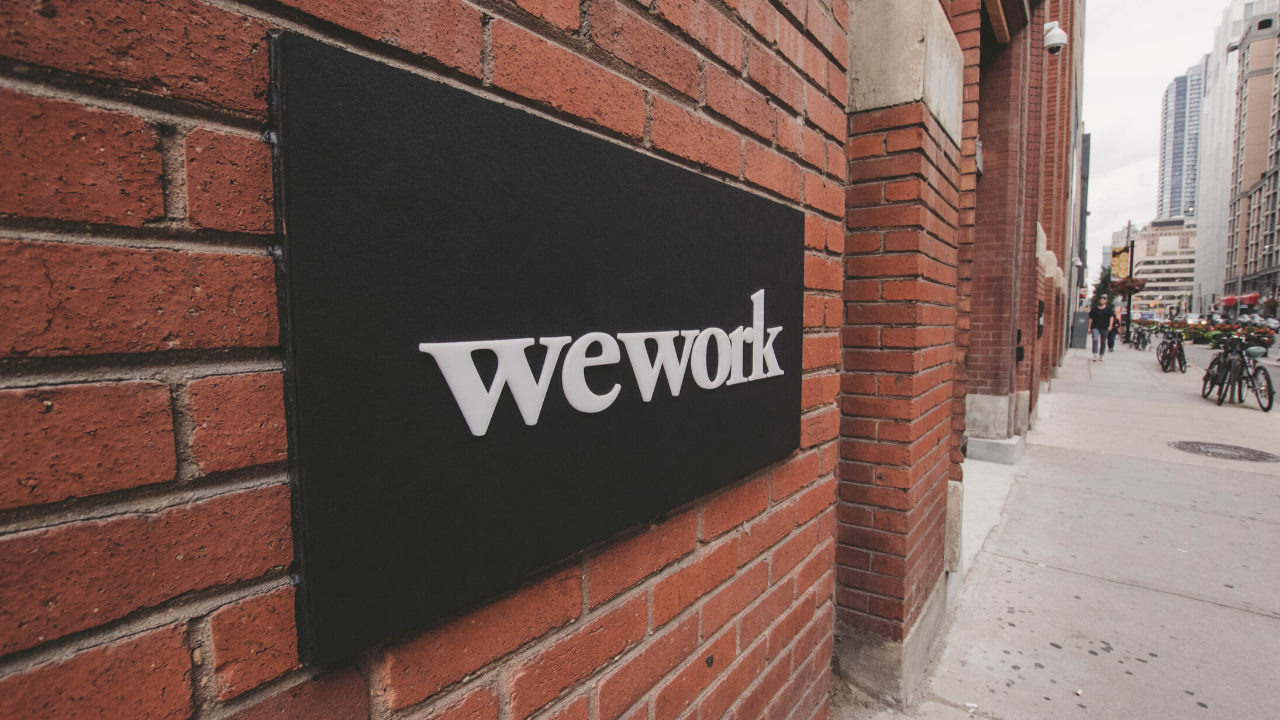After WeWork’s turbulent past few months, real estate veteran and new CEO Sandeep Mathrani is the calm presence the company desperately needs.
“He’s not a rock star like Adam Neumann, but on the other hand he has those things the company was missing over [the] last few years. He’s very humble and very focused on the bottom line,” said Dror Poleg, Urban Land Institute’s Technology and Innovation Council co-chair and author of Rethinking Real Estate. “The employees can learn to respect and appreciate him. I think they’re hungry for some guidance and adult supervision.”
Mathrani is the former CEO of Brookfield Properties’ retail group, where he helped turn around mall owner GGP following its bankruptcy in 2010. His experience with financial recovery and relationships with real estate stakeholders makes him the perfect candidate for WeWork.
Following WeWork’s failed IPO, the company released a five-year plan that focuses on its core business involving taking out long-term leases, but is moving towards a more asset-light approach and revenue sharing agreements.
At the end of June 2019, WeWork had $47.2 billion in lease obligations which likely comes from the company paying above rent in order to expand as quickly as possible.
While debt restructuring and lease negotiations have worked for Mathrani in the past, it may not offer the same result for a coworking company.
“The only solution to turn this ship around and to get it on a path toward profitability is to close the locations that do not have a chance to become cash positive,” Sarah Travers, the CEO of Boston-based coworking company Workbar. “There’s literally no other way to do it.”















